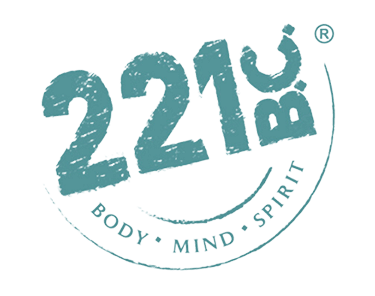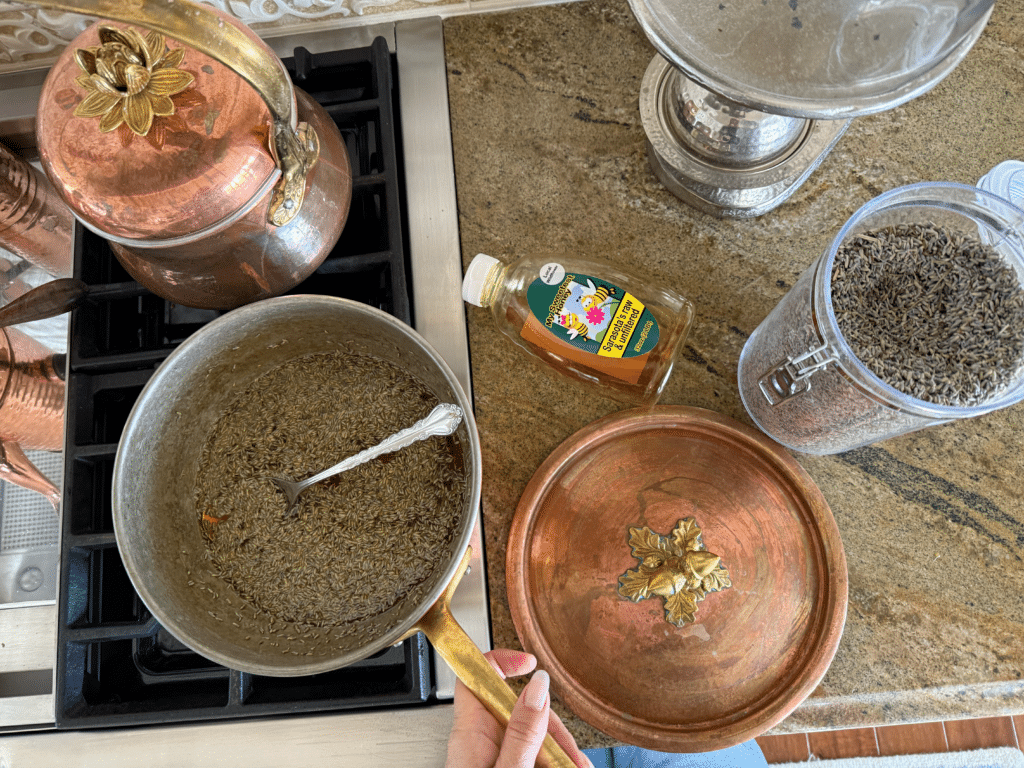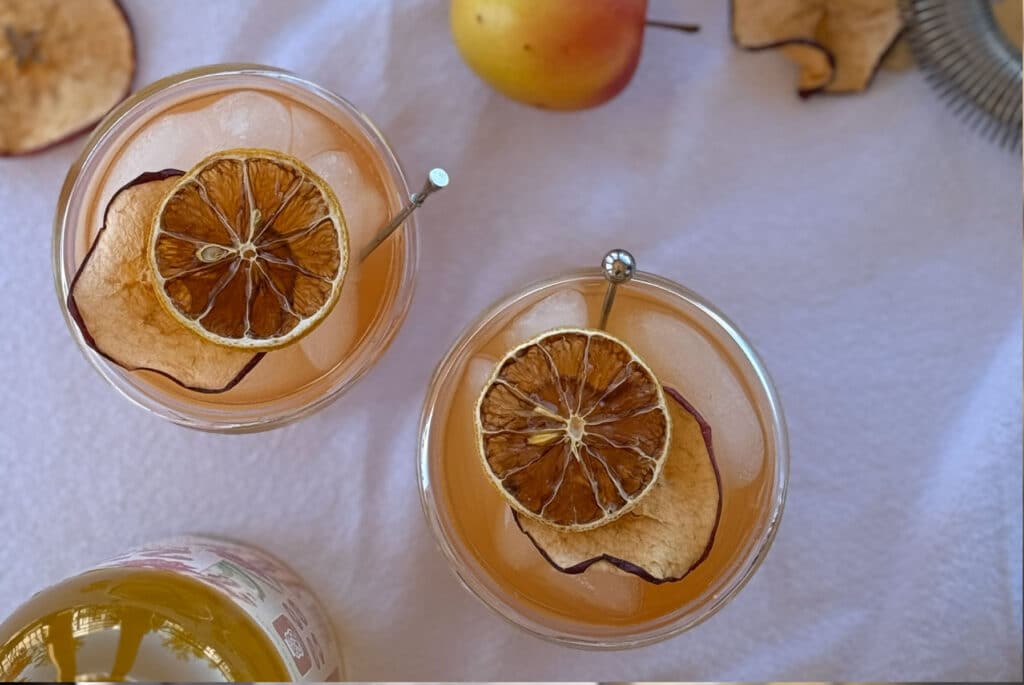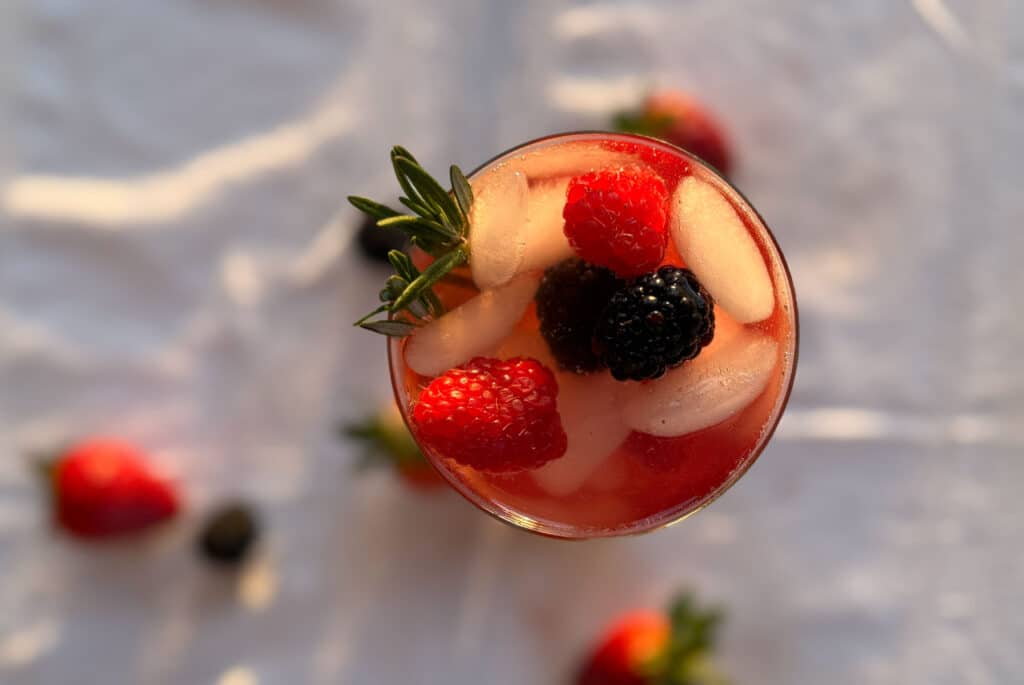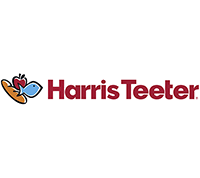Everyone has nutritional advice these days. But what’s right for our bodies?
The Latest Nutritional Advice
In today’s world, keeping up with what’s considered healthy is exhausting. One day, butter is hailed as a superfood; the next, we’re told to avoid it for margarine, to protect our hearts and the planet. We’re encouraged to eat dairy for strong bones, only to be warned later that most of us are lactose intolerant. Salt is vilified one moment and celebrated the next. It seems like every week a new trend emerges, and we chase after it, hoping it holds the magic solution to our health struggles. But where does this cycle end? We are bombarded with conflicting advice from experts at every turn, leaving many of us confused, tired, and asking: What is the truth? What happened to the simple joy of eating food?
This relentless pursuit of the next “miracle” diet or magic pill has pulled us away from what truly sustains us. We’ve lost touch with the wisdom that guided our ancestors for generations—the understanding that food is more than a set of nutrients or a passing health trend.
Read my note on enjoying sugar here.
Our grandmothers didn’t need scientific studies to tell them what was good for their bodies. They knew from experience, passed down from their mothers and their mothers before them. As the saying goes: “When an elder dies, a library burns to the ground.” The knowledge of our ancestors was a living, breathing part of daily life. It wasn’t derived from fads; it came from centuries of understanding how food was meant to be prepared, shared, and enjoyed, nourishing us physically and spiritually.
My Nutritional Journey
I, too, was caught in the confusion. For over a decade, I followed a strict vegan lifestyle, eventually becoming a fruitarian in search of the ultimate health. But instead of thriving, I became seriously ill. In desperation, I swung to the opposite extreme, embracing a carnivorous diet. While it made me lean, I felt far from whole. This endless cycle of chasing trends left me disconnected, frustrated, and no closer to true wellness.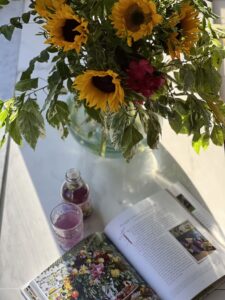
That’s when I decided to step away from modern nutritional advice and “science” and the noise of fleeting fads. I returned to my roots—to the timeless wisdom that had sustained generations before me. Most of you know I’m an immigrant, born and raised in a small town in Poland, where deeply rooted traditions have stood strong through time.
The Origins of Truth
At the dawn of time, our ancestors had to rely on some form of guidance to navigate life, including how to nourish themselves. As a Christian, I often turn to the Bible for this wisdom, and one of my favorite verses captures the essence of nourishment beautifully:
“He makes grass grow for the cattle, and plants for people to cultivate—bringing forth food from the earth: wine that gladdens human hearts, oil to make their faces shine, and bread that sustains their hearts.”
— Psalm 104:14-15
This verse speaks to me deeply. It reminds me that food is not just about calories or nutrients—it is a blessing, a gift from the earth to be cultivated, shared, and enjoyed. The wisdom passed down through generations is rooted in this divine understanding that what comes from the earth sustains us in every way—body, mind, and soul.
But even for those who don’t believe in God, I believe these truths still hold immense value. The fruits of living by these principles—healthier, happier people and stronger communities—are undeniable. Past generations thrived on real food, grown naturally and consumed with gratitude. Whether or not you share my faith, embracing these timeless principles can lead to a more fulfilled and balanced life. After all, the proof is in the results: better health, stronger communities, and deeper well-being.
Food as Medicine
Our traditions taught us that food was medicine. Before turning to pills, we turned to our kitchens for healing. I remember the comforting aroma of bone broth simmering on the stove, rich with nutrients. We harvested herbs and preserved them, crafting teas and tinctures that helped us heal naturally. Yes, we used vitamins when truly needed, but not in excess. Our focus was always on prevention, on health, on wholeness—eating with intention so we wouldn’t fall ill in the first place.
Seasonality and Balance
We ate in harmony with the seasons, embracing the diversity of nature’s offerings. Spring brought fresh greens and herbs, summer vibrant fruits and vegetables, autumn hearty roots, and winter relied on carefully preserved foods and meat. This rhythm not only enriched our diets but deepened our connection to the earth and its cycles.
We respected the animals that sustained us. We didn’t just consume the prime cuts of meat; we used the entire animal, wasting nothing and benefitting from the full spectrum of nutrients. When our hens stopped laying eggs for a few months, we didn’t have eggs—and we didn’t see that as a loss. We thrived on what we had, viewing everything as a blessing, not a scarcity.
The Art of Preservation – Fermentation
In the colder months, we relied on the foods we had preserved. Fermentation was a cherished tradition passed down through generations. Whether it was tangy sauerkraut, hearty sourdough, or delicious fruit preserves, everything had its place on the table. Sugar wasn’t the enemy; it was used sparingly to add a touch of sweetness to our lives—in tea, coffee, or our beloved compotes.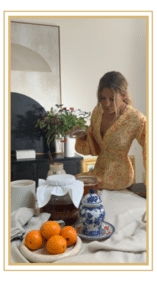
Food wasn’t just sustenance; it was a celebration of life itself. I still remember the smell of freshly baked bread filling the air, the lively chatter in the kitchen as we worked together, and the joy of sharing a meal with those we loved. These moments nourished not just our bodies but our souls.
Why I Came Back to Tradition
There was a time when I found myself sitting alone at the kitchen table, stirring powdered supplements into my coffee, hoping to create the perfect “healthy” breakfast alternative. My mornings had become a ritual of mixing various powders, measuring capsules, and trying to convince myself that this was the best way to start my day. But deep down, I knew something was missing. I didn’t want to swallow a handful of supplements for breakfast anymore. I wanted to eat real food.
Where did the simplicity and warmth of my childhood go? Where breakfast wasn’t about superfoods or supplements—it was about family. I remember sitting at the table with my loved ones, enjoying nourishing meals made from real, wholesome ingredients. The smell of eggs cooking in butter, fresh toast, and maybe some avocado or fruit on the side. Every bite was satisfying and full of life.
That’s what I craved—real food, shared with real people. I wanted to nourish my body with what had sustained generations before me, not the latest powder or pill.
So, I made a choice. I stepped away from the confusion of nutritional advice and returned to tradition. Now, when I sit at the table, I feel the warmth of family gathered around, the rich aroma of home-cooked meals filling the air, and the deep knowledge that each bite is nourishing me from the inside out. This way of life is timeless—and it’s within reach.
Let’s rediscover it together.
